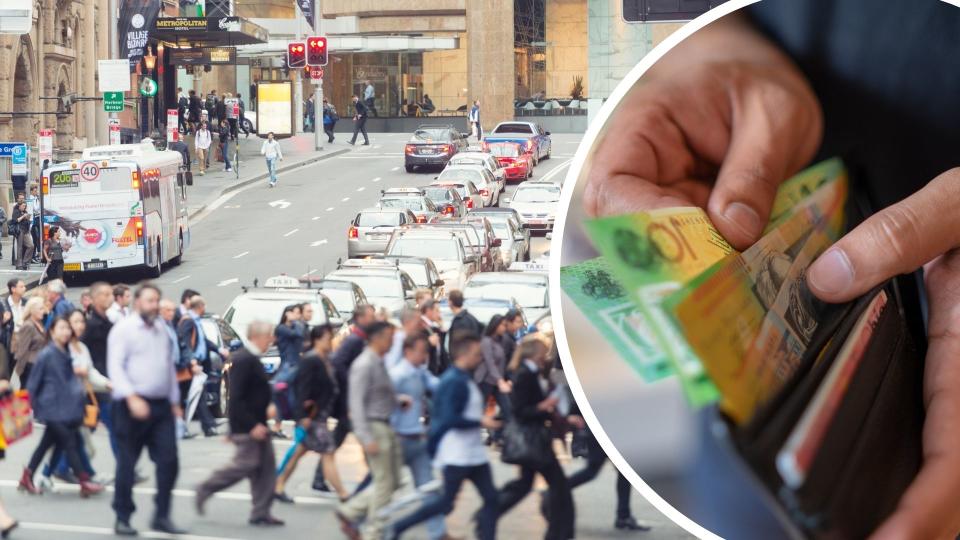‘Societal neglect’: Why income taxes could increase during pandemic

Australians could be slugged with an extra 1 per cent of income tax to pay for improved aged care services under a solution proposed by a major consulting firm.
Increasing the Medicare levy by 0.89 per cent or income tax by 1 per cent would help deliver four-star staffing levels in Australian nursing homes, provide more respite for family members and boost access to doctors, rehabilitation services and dentists Deloitte Access Economics found in modelling prepared for the Royal Commission into Aged Care.
And Australians would generally be happy to cough up the extra tax - Flinders University has found that taxpayers would be willing to pay another 3.1 per cent in tax to cover this boosted aged care.
The modelling was built on Australians’ preferences to age at home, rather than moving into a facility and modelling found that in order to deliver four-star care, Australia’s aged care workforce needs to increase by 30,000 full-time jobs in the next 10 years. That’s in addition to the 50,000 extra workers required just to care for the growing number of older Australians.
Among that, the number of registered nurses would need to double while wages would also need to increase to attract more workers. The Deloitte modelling showed nursing wages would need to increase by 5.5 per cent a year along with other skilled workers in the sector - around double the average increase. That increase should also take pay for aged care workers to the same level as other healthcare workers.
On top of that, the Government needs to supercharge its skilled migrant program targeting those with skills to work in aged care.
Deloitte also suggested reforming the aged care sector to ensure young people with disabilities live in accommodation that is appropriate for them, rather than in aged care centres and that there are improved resources for public guardians to assist vulnerable elderly Australians without any family or friends to care for them.
The modelling noted the Commission’s interim report identified a “pattern of societal neglect surrounding aged care that has left services fragmented, unsupported and underfunded”.
“There is a need for significant reform to improve the quality of aged care and ensure older Australians have access to the care they need,” Deloitte said.
The report also noted that while the share of national income due to be spent on aged care will increase, shifting focus to providing in-home care rather than expensive care in a facility should mitigate that to some extent.
The Commission is due to hand down its final report in February, as Australia grapples with a wave of cases in aged care homes.
Across Australia, 554 people in aged care facilities have died of Covid-19, while 732 have recovered and 663 continue to battle the respiratory illness. The vast majority of cases are in Victoria, with Australia’s nurses union arguing the surge in cases is largely due to poor surge workforce plans.
World Health Organisation director-general Tedros Adhanom Ghebreyesus recently said arguments that it was “fine” for elderly people to die of coronavirus was “moral bankruptcy”.
"Every life, whether it's young or old, is precious and we have to do everything to save it."
Want to take control of your finances and your future? Join the Women’s Money Movement on LinkedIn and follow Yahoo Finance Australia on Facebook, Twitter and Instagram.

 Yahoo Finance
Yahoo Finance 

